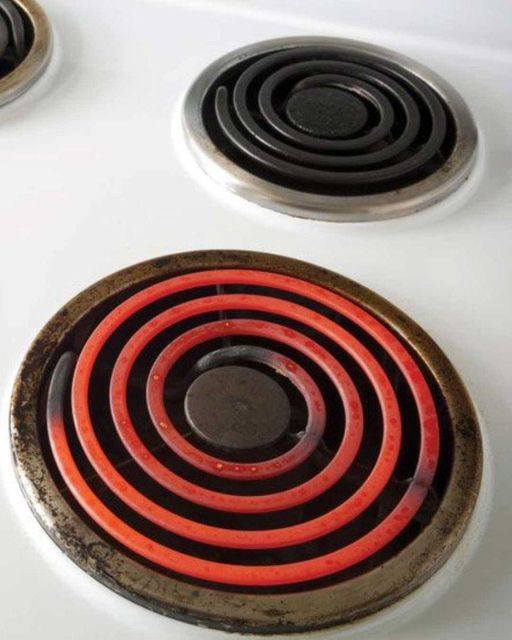ADVERTISEMENT
4. Easy Cleaning:
Electric cooktops, particularly those with smooth surfaces, are much easier to clean than gas stoves. There are no grates or burners to remove, and spills can be wiped away with a damp cloth once the surface has cooled. This convenience can save time and effort, making the kitchen a more pleasant place to work.
5. Precision with Induction:
Induction stoves take the precision of electric cooking to the next level. They offer almost instant heat adjustment similar to gas stoves, but with even more control. Because induction heats the cookware directly, the response time is incredibly fast, and the cooktop itself remains relatively cool to the touch, reducing the risk of burns.
6. Modern Aesthetics:
Electric cooktops, especially induction models, often have a sleek, modern appearance that can complement contemporary kitchen designs. Their minimalist look can contribute to a clean, uncluttered space, which appeals to many homeowners.
Considerations and Trade-offs
1. Cost:
The upfront cost of a stove is a significant factor for many people. Generally, gas stoves are more affordable than induction stoves, which tend to be the most expensive type of electric stove. However, traditional electric coil stoves are often comparable in price to gas models. It’s also worth considering the long-term operating costs, as gas is typically cheaper than electricity in many regions, though this can vary.
2. Installation:
If your kitchen isn’t already equipped for the type of stove you prefer, installation costs can be a consideration. Gas stoves require a natural gas line, which might not be available in all homes or apartments. Conversely, electric stoves may require a specific type of electrical outlet, particularly for induction models.
3. Environmental Impact:
For the environmentally conscious, the choice between gas and electric stoves can be influenced by the source of energy in their area. While natural gas is a fossil fuel, contributing to greenhouse gas emissions, electricity can be generated from renewable sources such as wind or solar power. Opting for an electric stove powered by clean energy can significantly reduce your carbon footprint.
4. Cooking Style and Preferences:
Ultimately, your cooking style and preferences play a major role in determining the best stove for you. If you frequently cook dishes that require high heat and quick adjustments, a gas stove might be the better choice. On the other hand, if you prefer a cleaner cooking environment with precision temperature control, an electric or induction stove could be more suitable.
5. Maintenance and Durability:
Both gas and electric stoves have their maintenance challenges. Gas stoves require regular cleaning of burners and grates, and the gas line may need occasional inspection. Electric stoves, particularly smooth-top models, can be prone to scratches and require careful cleaning to maintain their appearance. In terms of durability, gas stoves often have fewer electronic components that can fail, potentially offering a longer lifespan.
Conclusion
There is no definitive answer to whether gas or electric stoves are better for cooking—it truly depends on individual needs and preferences. Gas stoves offer unparalleled control, even heat distribution, and continued operation during power outages, making them a favorite among many professional chefs. On the other hand, electric stoves, especially induction models, provide energy efficiency, safety, and a cleaner cooking environment, appealing to modern home cooks.
When deciding which type of stove to purchase, consider your cooking habits, the specific features you value most, and the setup of your kitchen. Both gas and electric stoves have their place in today’s kitchens, and understanding their respective benefits will help you choose the one that best suits your culinary needs.
ADVERTISEMENT
